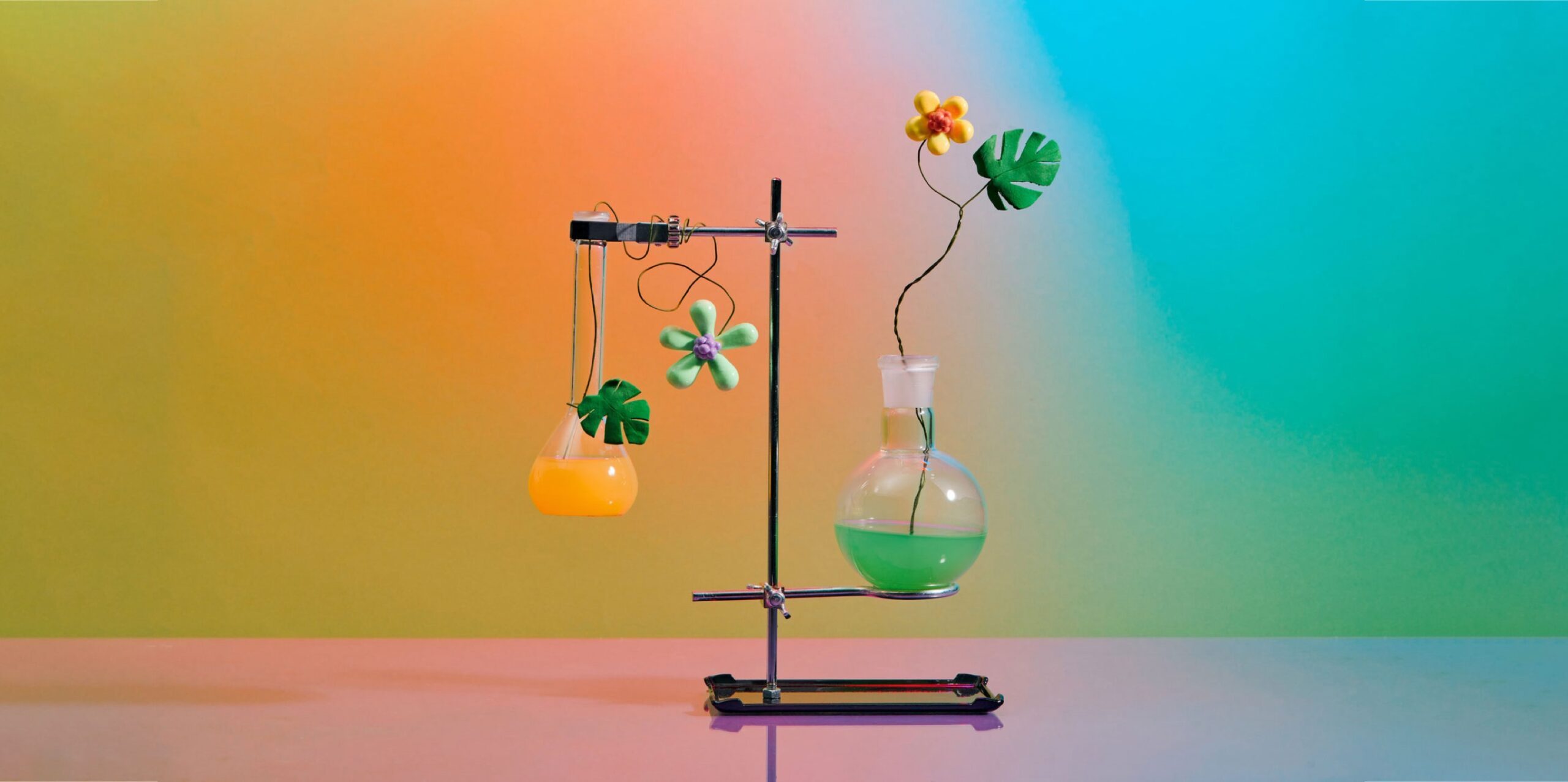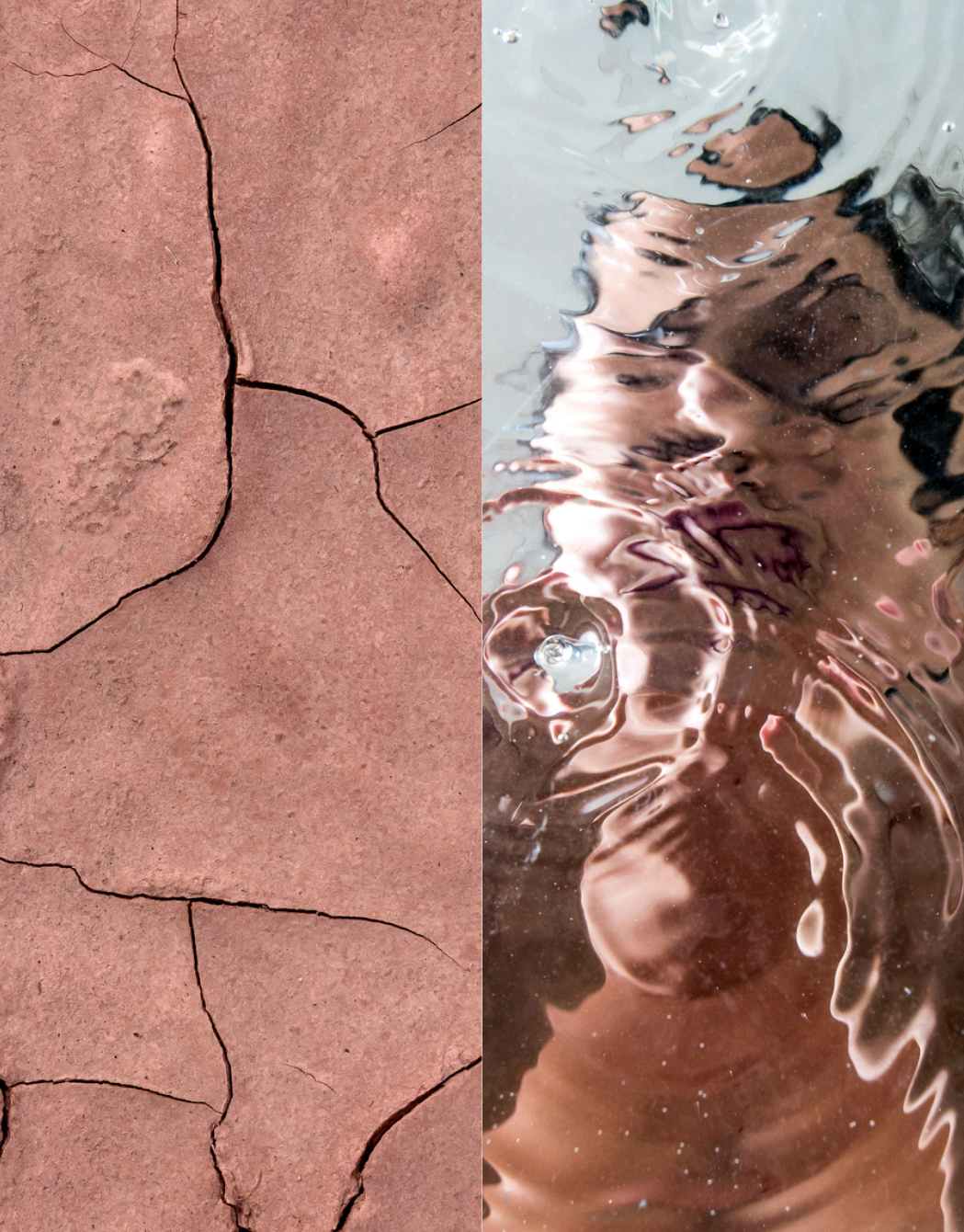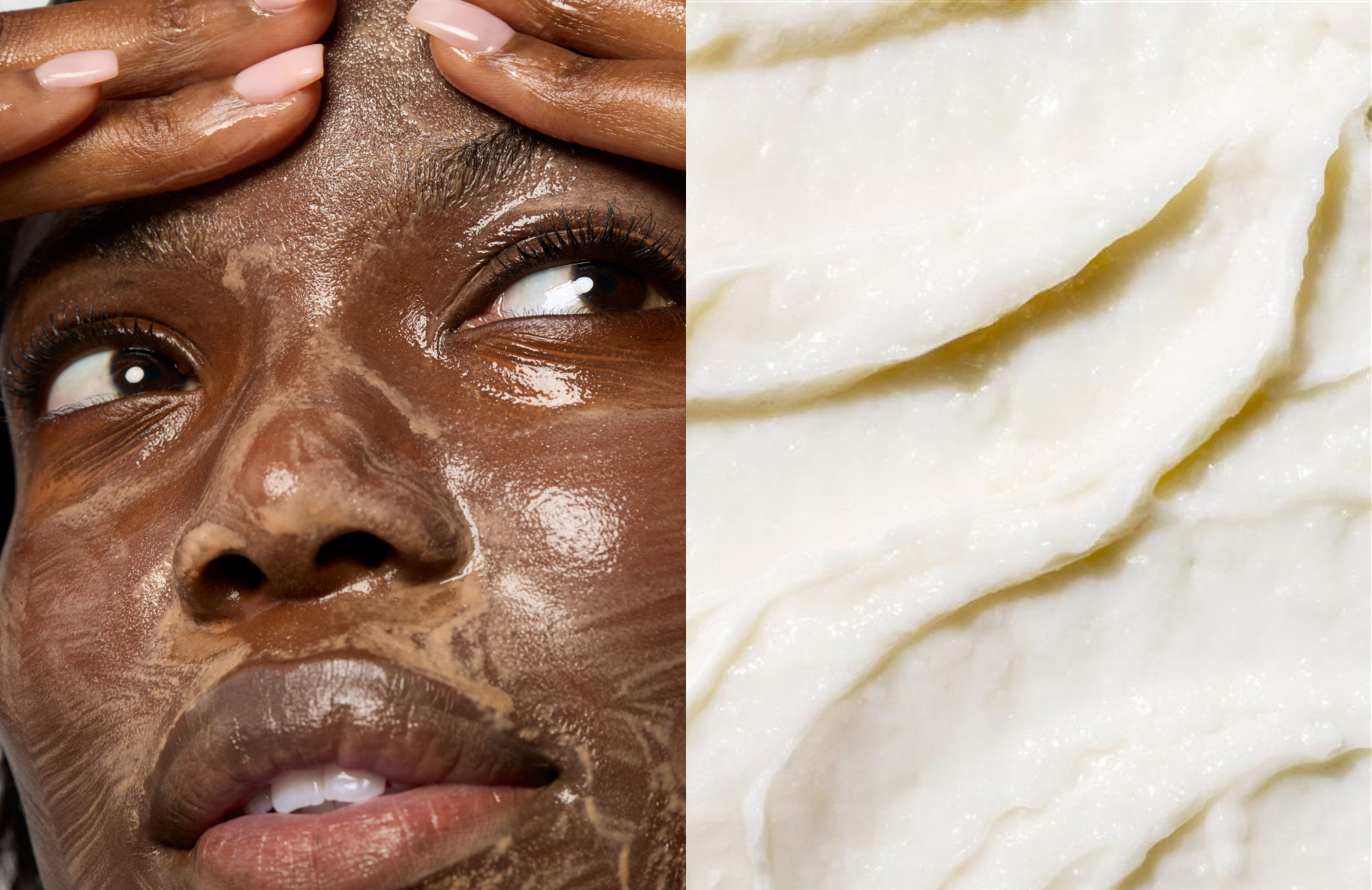What’s ‘science-washing’ and why should you care? How to tell the difference between gimmicks and actual science from top cosmetic chemists

Science-washing is around every corner, so there’s a solid chance you’ve both seen it in action—and been influenced by it. “Science-washing is a lot like green-washing, but instead of brands pretending to be more environmentally friendly than they actually are, it’s brands pretending to be more scientific,” explains influential cosmetic chemist Michelle Wong (aka @labmuffinbeautyscience), who breaks down the nitty-gritty of this marketing tactic in her post on Lab Muffin Beauty Science. It’s not a completely new phenomena, but science-washing is currently enjoying a renaissance, thanks to a boom in skincare consumers’ obsession with active ingredients.
How the psychology of science-washing works
“Science is complex, and as humans we have a bias towards believing things that sound authoritative, so it’s easy for brands to throw a bunch of jargon and graphs together and have very few people question it,” Wong says. So whether it’s a commercial with an actor in a lab coat or a colorful label with a string of science-y terms and percentages, our brains are hardwired to seek the path of least resistance and take these claims at face value. Ultimately, this relies on a consumer’s confirmation and selection bias: We naturally seek evidence to support what we want to believe and ignore anything contrary. Why? It’s easy.
To make matters more complicated, many product claims are drawn from actual scientific studies that are taken out of context or contorted to support catchy slogans. According to Wong, one of the biggest examples of this is the clean beauty movement’s smear campaign against parabens. It’s become trendy to tout a formula as being “free from” parabens in order to align it with being “safe” or “clean”—relying on fear to drive purchases.
“Many ‘clean beauty’ advocates refer to scientific studies and physiological mechanisms like hormonal disruption when explaining why ingredients are bad, but in reality they’ve misinterpreted the studies,” Wong tells us, pointing out other vilified ingredients like sulfates, silicones, alcohol and fragrance. But fear is a persuasive emotion and even the savviest shoppers and influencers can be duped by bold claims. So how does the average consumer untangle all of this?
Shop for skincare products like a scientist
“If you’re feeling confused, try ignoring most of the claims you see on skincare products,” says Perry Romanowski, cosmetic chemist with Chemists Corner. “If you try a product and you like how it makes your skin look and feel, that should be good enough. Don’t fool yourself into thinking that something is working because of a percentage of ingredients in the formula. Evaluate the product as a whole and ignore the individual ingredients.”
Romanowski also recommends looking for terms that indicate a more objective function (rather than a subjective effect) to guide your needs. Some examples of this include words like “occlusives,” which help lock in the skin’s natural moisture; “humectants,” which help attract and bind moisture to skin; or “exfoliants,” which remove dead surface cells.
And finally: Don’t stress about it
It’s important to remember that actual science is a very good thing and science-washing isn’t inherently evil—it’s just a by-product of marketing, since products truly proven by science tend to work. “The reality is that consumers want or need a story to latch onto in order to get them to buy,” says Romanowski. “Science-washing makes people feel more confident in their products and about their purchases. So, as far as cosmetic marketing goes, I think it’s mostly fine enough.”
References for this information:
Science Daily
The views expressed in this article do not necessarily represent the views of Murad, and are for informational purposes only, even if the advice of physicians and medical practitioners are included. This article is not a substitute for professional medical advice, diagnosis or treatment, and should not be considered specific medical advice.


